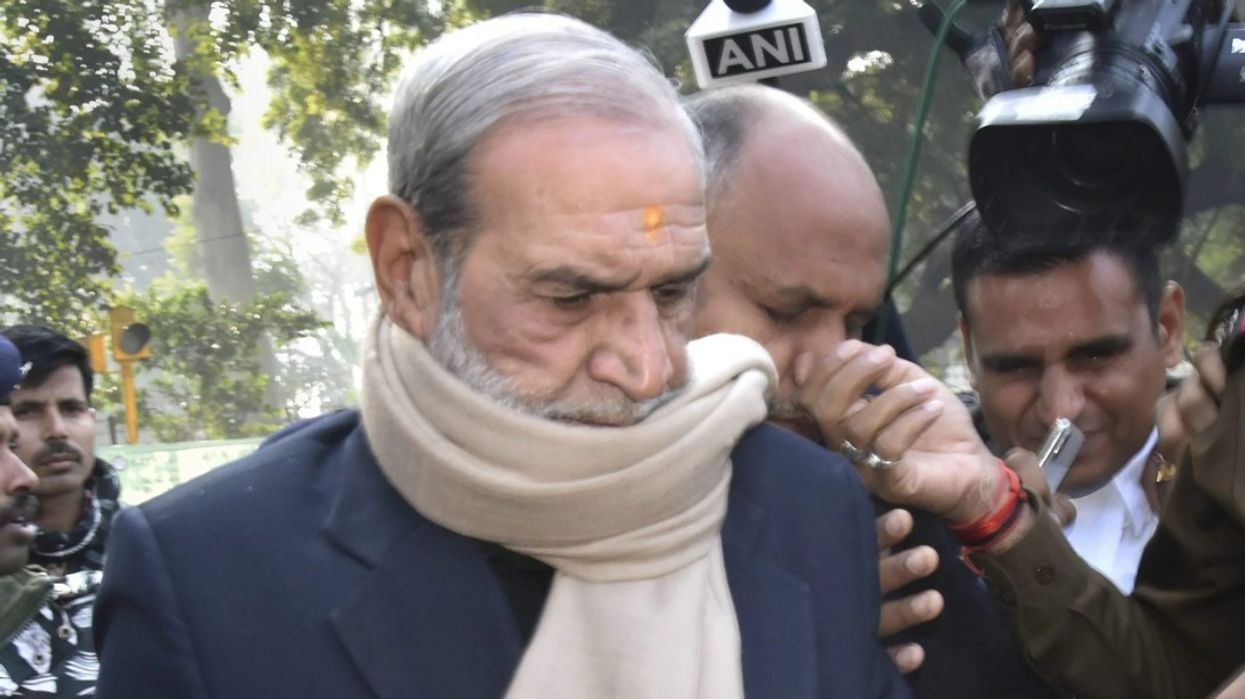AN INDIAN court on Tuesday sentenced former Congress party MP Sajjan Kumar to life imprisonment in a murder case related to the 1984 anti-Sikh riots.
The Delhi court stated that his old age and health conditions were considered while deciding against the death penalty.
The case concerns the killing of Jaswant Singh and his son Tarundeep Singh in the Saraswati Vihar area of Delhi on 1 November 1984.
Before the sentencing, Sikh community members protested, demanding a death sentence for Kumar.
Protesters described the 1984 riots, which followed prime minister Indira Gandhi’s assassination by her Sikh bodyguards on 31 October 1984, as one of the "darkest and most shameful" events in India’s history. They called for justice and urged the court to impose the death penalty.
The Rouse Avenue court had reserved its verdict on 31 January after additional arguments by public prosecutor Manish Rawat.
Kumar was convicted on 12 February for his role in the killings.
His advocate Anil Sharma argued that Kumar’s name was not initially included in the case and that there was a 16-year delay in naming him as an accused by a witness.
He also noted that another case in which Kumar was convicted by the Delhi High Court is under appeal in the Supreme Court. Special judge Kaveri Baweja had scheduled arguments on sentencing for 18 February.
The Bharatiya Janata Party (BJP) has repeatedly called for Kumar’s expulsion from the Congress, accusing the party of being "anti-Sikh" for not taking action against him.
BJP leader and minister Manjinder Singh Sirsa wrote to Lok Sabha leader of opposition Rahul Gandhi, urging him to remove Kumar from the party and issue "a public apology to the Sikh community and the entire nation for the Congress' role in sheltering and empowering criminals like Sajjan Kumar."
(With inputs from PTI)




